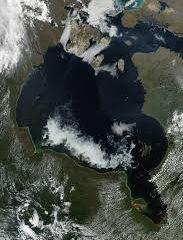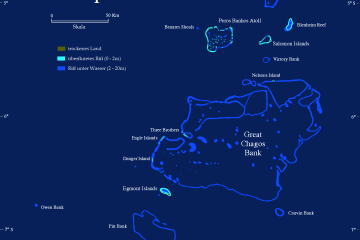Dortmund: Exploring a Thriving German City

Introduction to Dortmund
Dortmund, a major city in the North Rhine-Westphalia region of Germany, is known for its rich industrial history, vibrant culture, and economic significance. With a population of over 600,000 residents, Dortmund is one of the largest cities in Germany and serves as an important economic hub. The city’s relevance extends beyond its size; it plays a critical role in both the local and national economy, especially in the technology and digitalization sectors.
Historical Background
Dortmund’s history dates back to the 9th century and has been shaped heavily by its industrial past. In the 19th and early 20th centuries, it became a center for coal, steel, and beer production. The city was once home to the famous Dortmund Brewery, which was pivotal to the region’s identity. However, the post-industrial era saw a decline in traditional industries, prompting a shift towards service-oriented sectors and innovation.
Current Economic Landscape
Today, Dortmund is renowned for its technological advancements and innovations. It is home to several research institutions, including the Technical University of Dortmund, which collaborates with local industries to foster growth in technology sectors. The city also hosts a variety of start-ups and established companies, particularly in the areas of logistics, IT, and telecommunications. Dortmund’s digital transformation efforts are attracting new businesses and talents, making it an exciting place for economic development.
Cultural Significance
Culturally, Dortmund offers a plethora of attractions, from art galleries and museums to theaters and music venues. The Museum of Art and Cultural History and the German Football Museum are must-visit destinations for both locals and tourists. The city is also famous for its passionate football fans, being home to Borussia Dortmund, one of the most successful football clubs in Germany. The team’s matches at Signal Iduna Park attract thousands of fans, highlighting the city’s strong community spirit and vibrant atmosphere.
Conclusion
As Dortmund continues to evolve, it holds significant potential for growth and innovation in various sectors. The city’s balancing act between honoring its rich industrial past while embracing technological advancement makes it a compelling subject for study. For residents and potential visitors alike, Dortmund stands as a testament to how cities can adapt and thrive in changing economic landscapes. With the ongoing digital transformation and cultural initiatives, Dortmund is well on its way to securing its place as a noteworthy European city in the 21st century.









